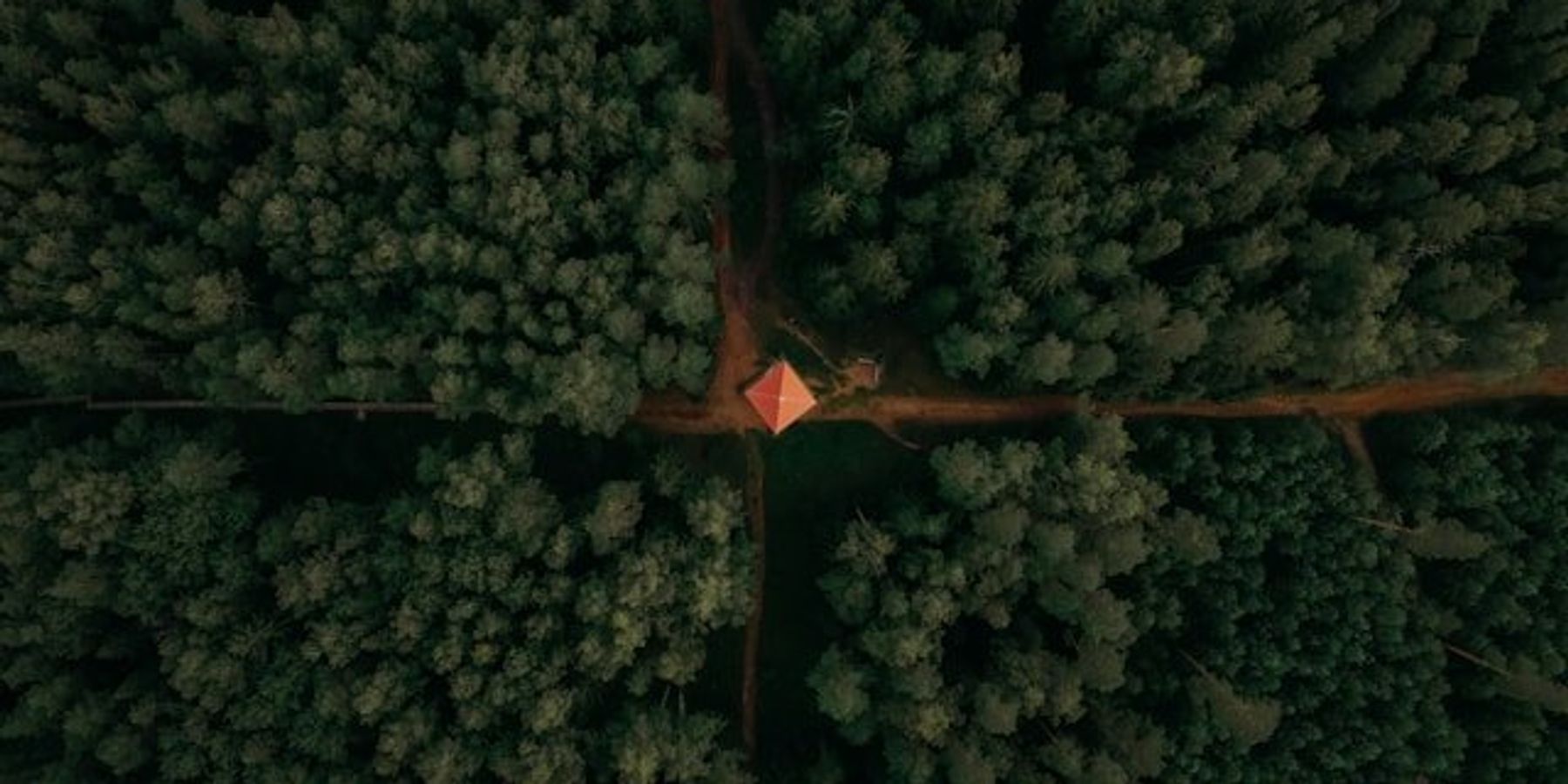
Brazil urged to reject bill slashing environmental safeguards
United Nations rights specialists say a proposed Brazilian licensing law would dilute protections for forests and Indigenous groups unless President Luiz Inácio Lula da Silva vetoes it.
Bob Berwyn reports for Inside Climate News.
In short:
- Brazil’s Congress passed the General Environmental Licensing Law on June 17, giving Lula until Aug. 1 to accept or veto provisions that ease reviews for roads, logging, farming, mining, and dams.
- Eleven U.N. Human Rights Council rapporteurs and the Brazilian Academy of Sciences argue the measure violates the right to a clean environment and would hit Indigenous and Quilombola communities hardest.
- Critics note the text never mentions climate — even though Brazil will host November’s COP30 summit — while Lula’s own human-rights ministry warns against automatic license renewals without fresh risk checks.
Key quote:
“In practical terms, this means that the destruction of forests, mangroves, springs, and other ecosystems can occur without any rigorous assessment of the damage to the environment and, especially, to humankind.”
— Brazilian Academy of Sciences statement
Why this matters:
Brazil holds roughly 60% of the Amazon, a biome that regulates rainfall across South America and stores more carbon than any other forest on Earth. Weakening licensing rules would speed the march of highways, soy fields and illegal mines into intact rainforest, releasing climate-warming emissions and scattering mercury and other toxics into rivers that feed millions. Reduced reviews also sideline Indigenous and Afro-descendant communities whose lands shield some of the last undisturbed ecosystems; stripping them of consultation rights can deepen social conflict and displacement. As extreme heat and drought already threaten urban water supplies from Manaus to São Paulo, clearing more forest risks turning a global climate buffer into a carbon source — and undermines public health far beyond Brazil’s borders.
Read more: Brazil moves to auction vast oil blocks despite climate and Indigenous concerns













